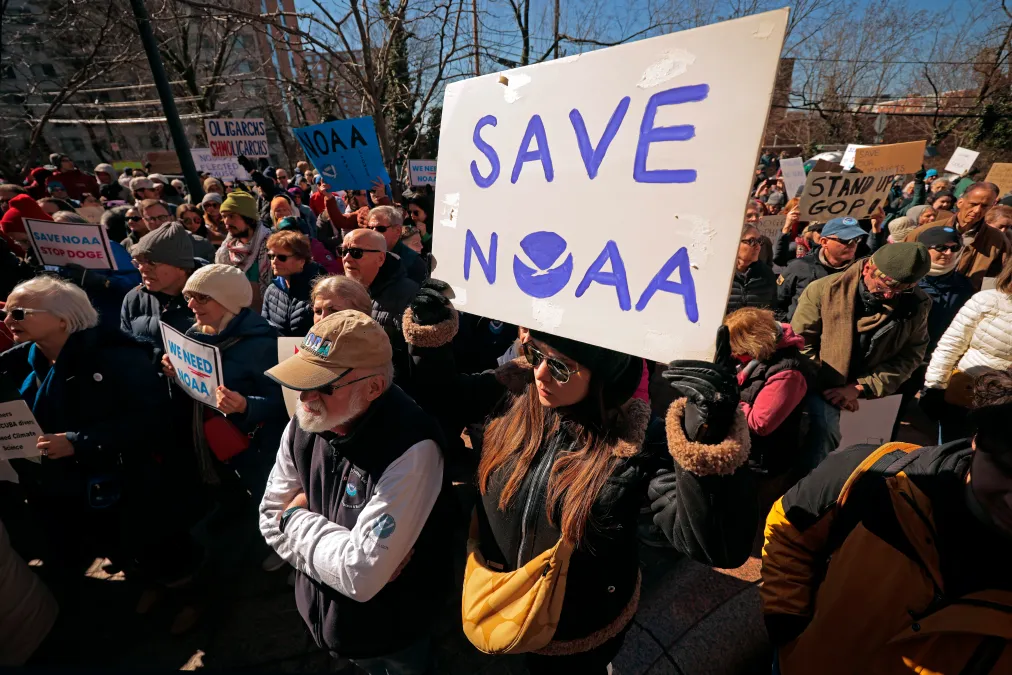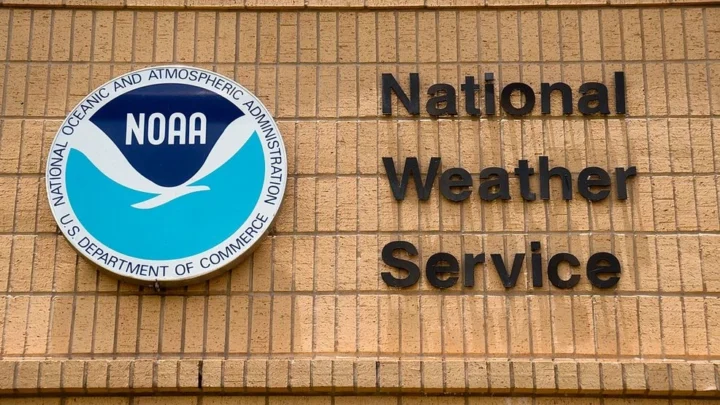April brought fresh concern for climate scientists and emergency responders. Sweeping US government budget cuts crippled key institutions responsible for climate resilience and disaster preparedness.
Among the most heavily affected is the National Oceanic and Atmospheric Administration (NOAA), where significant federal terminations have left parts of the National Weather Service (NWS) understaffed. Experts warn this will hamper real-time weather monitoring and reduce the country’s ability to track and respond to storms, heatwaves and floods.
The crisis deepened with the White House’s proposal to reduce the budget of NOAA’s Office of Oceanic and Atmospheric Research (OAR) by nearly 75 percent. If enacted, this move would dismantle all of NOAA’s weather, climate and ocean laboratories, along with its 16 university-affiliated Cooperative Institutes. The consequences are expected to be far-reaching, including the stagnation of critical weather forecasting models and the collapse of long-standing university research partnerships.


In a separate development, the government also ended funding for the US Global Change Research Program (USGCRP), the body responsible for producing the National Climate Assessment (NCA) every four years.
All programme staff were laid off, followed swiftly by the dismissal of more than 400 scientists from universities and research centres contributing to the report. The NCA is regarded as a vital tool for states, cities and local governments to plan for climate risks.
Emergency management systems have not been spared either. Funding for the FEMA Building Resilient Infrastructure and Communities (BRIC) grants has been halted, affecting disaster preparedness projects already underway in hundreds of communities.
A third of FEMA personnel have reportedly resigned or are preparing to leave, with further budget reductions expected in the months ahead. The cuts come at a time when hurricane and wildfire seasons are fast approaching.
The assault on climate resilience efforts has extended beyond research and disaster management. The Department of Health and Human Services terminated staff managing the Low Income Home Energy Assistance Program (LIHEAP), which provides financial support to vulnerable families struggling to meet energy costs. In a further blow to rural communities, the US Department of Agriculture (USDA) cancelled a $3 billion programme designed to help farmers adapt to climate threats including drought, wildfire and flooding.
The rollback has alarmed observers across the globe. Although the private sector may attempt to fill some gaps, experts caution that no amount of corporate initiative can substitute for the scale and reach of federal programmes.
Still, many climate leaders are undeterred. Advocates have renewed calls for investment in local adaptation solutions and global resilience partnerships. The growing urgency of the climate crisis, they say, requires unwavering commitment.










